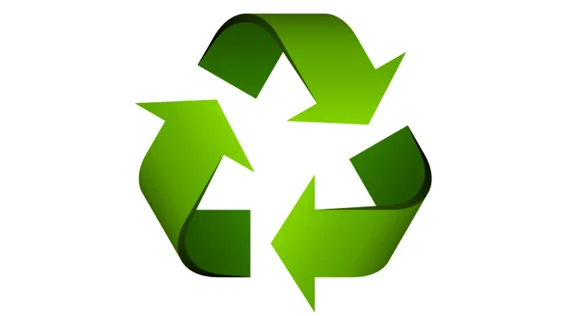
SEATTLE (Waste Advantage): In its flexible form, polyurethane foam is commonly used in large-scale applications including automobile interiors, carpet underlay, mattresses, acoustic foam and many other types of cushions. Rigid forms of the foam are also popular in the construction industry, with building insulation a primary use. Though many of these items are long-lasting, eventually the foam becomes waste. As of 2012, the U.S. alone generated an estimated 1.3 million tons of polyurethane foam waste.
Unfortunately, so far foam has resisted recycling efforts. Polyurethane foam is made from crude oil, like other plastics. However, it is produced through a cross-chemistry process that makes it resistant to melting and reformation. For the most part, recycling options are limited to shredding. The primary use for recycled polyurethane fiber today is in carpeting. Otherwise, the only other options are to downcycle it and burn it as fuel or dispose it in a landfill.
If foam could be upcycled into higher value products, that would provide a financial basis for recovering and recycling more foam waste. The key technology challenge for expanding the range of applications for recycled foam is dealing with the air trapped within its structure, and a team of researchers at Northwestern University in Illinois may have discovered an economical solution.
Their approach is similar to pushing a large sponge through a Play-Doh extruder. It can be done, but first the nature of the sponge needs to change. One method would be to compress or slice the sponge, but the result would be a brittle material that is difficult to mold into new shapes without further treatment.
The process that Northwestern developed resolves those problems with a two-step system. First, the foam is softened with a commonly used catalyst called dibutyltin dilaurate, a colorless, oily liquid that is sometimes added to animal feed as a treatment for worms and other parasites. The catalyst reduces the foam to a less spongy consistency. Then it can be extruded through a specially designed device. Two rotating, intermeshing screws in the device remove the air while improving the consistency of the reduced foam. The result is a new material that can be upcycled to various forms including hard plastic and flexible film. Northwestern cites shoe cushions, accessories (watch bands, for example), hard wheels (as in skateboards and shopping carts) and auto parts as potential uses.
The Northwestern recycling research is one part of the effort to reduce the use of virgin crude oil in plastic products. Another approach is to reduce the use of crude oil in making the foam itself. Researchers are experimenting with various sustainable alternatives including walnut shells, fossilized algae, and even sugar to achieve an alternative material that meets the performance standards of conventional foam.
Courtesy: www.wasteadvantage.com



| Copper Scrap View All | |
| Alternator | 0.40 (0) |
| #1 Copper Bare Bright | 4.21 (0) |
| Aluminum Scrap View All | |
| 356 Aluminum Wheels (Clean) | 0.82 (0) |
| 6061 Extrusions | 0.72 (0) |
| Steel Scrap View All | |
| #1 Bundle | 360.00 (0) |
| #1 Busheling | 380.00 (0) |
| Electronics Scrap View All | |